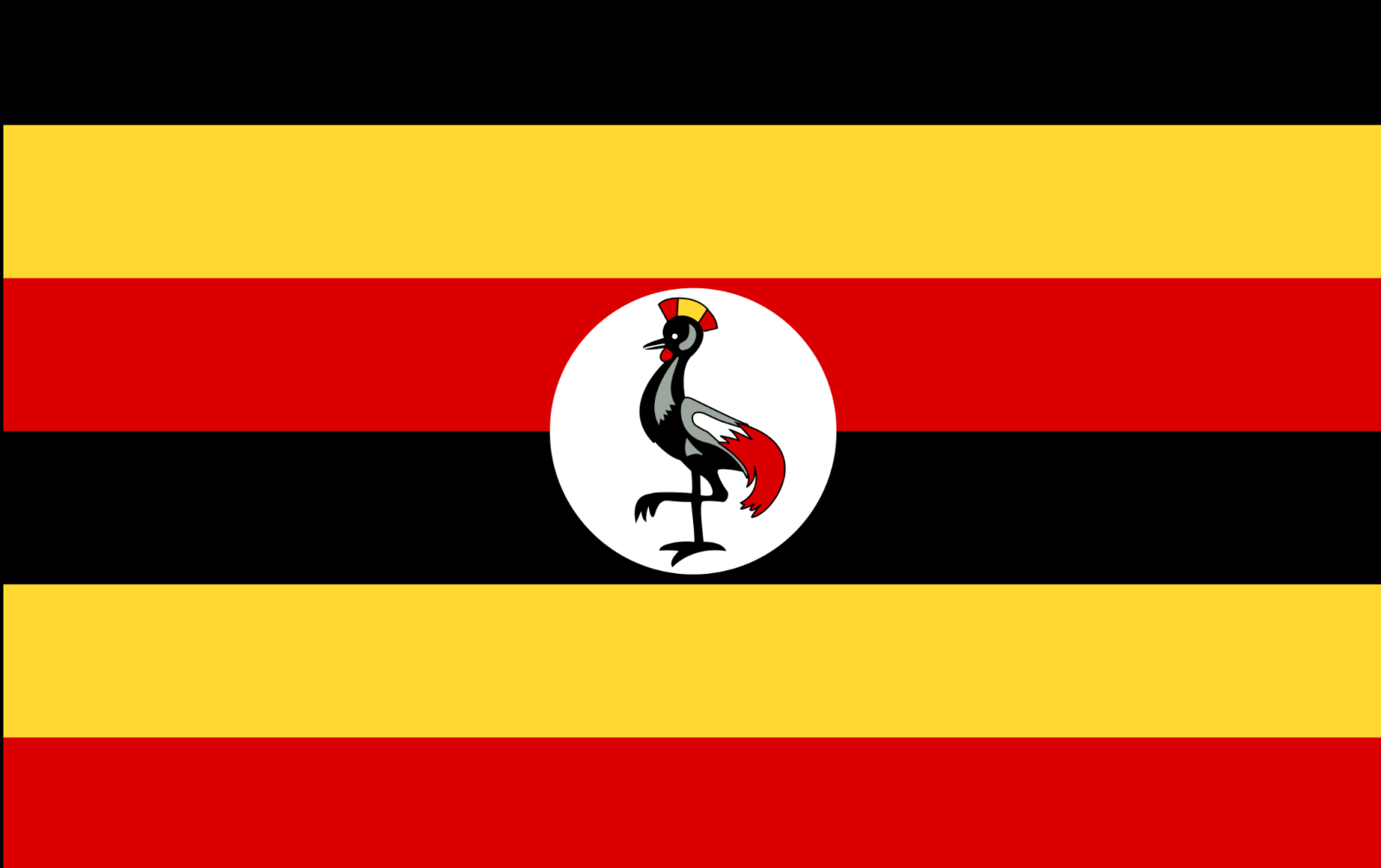Uganda is a country of contrasts: poverty and wealth, beauty and environmental pollution, a vibrant Anglican church, and widespread corruption. Somewhat simplistic perhaps, but these are among my reflections having returned from a Global South Fellowship of Anglican Churches (GSFA) ‘roundtable’ for mission network leaders in Uganda.
This roundtable brought together leaders from organisations from here in the UK (e.g. CEEC, Crosslinks, CMS) and across the globe. It was a conference that focused on evangelism and mission (with a wide range of subjects under scrutiny).
I saw plenty in my visit to challenge the historic and perhaps unfair perception that Christianity in Africa was ‘a mile wide and an inch deep’. The African bishops and church leaders were people of theological understanding, creativity and deep Christian commitment. Their inspiring vision was humbling – one example being the new cathedral in Kampala, which has taken the best part of twenty years to build, will seat 5,000, and has two underground car parks! Yes, Uganda is a ‘Christian country’ with church attendance phenomenally higher than here in the UK, however, it’s still a big cathedral to build these days!
It was humbling to meet individuals who themselves had been refugees as a result of war (one young man shared his story of being forced to flee South Sudan a number of years previously, lived in refugee camps and now works for the Church in South Sudan). From others, we heard stories of Islamic persecution, and from others we heard of the terrible plight that mothers and children often have to face fleeing their country and living in refugee camps. The scale of problems across the continent is enormous. One bishop told me that the main problem facing bishops in Africa is poverty. No visitor to Kampala can miss that.
As part of the conference, we visited Uganda’s Christian University – an inspiring testimony to the power of education and theological study to strengthen the Church and provide leaders. We also visited the Museum of the Ugandan Martyrs, and were humbled by the ultimate sacrifice paid by young Christian converts who were executed for their faith between 1885 and 1887 on the orders of Kabaka Mwanga II, the king of Buganda.
If there’s anything we should learn from church leaders and Christians in the countries represented at the GSFA roundtable, it would be (a) the thankfulness to God in their hearts that constantly spills over, and (b) their belief that God is able! To put it slightly differently, it struck me that they live more consciously in the presence of God: for example, they thank him for all kinds of things – and more often than we do ! And when it comes to mission, they have a BIG vision of what God can do (even amongst those who came from countries dominated by Islam or secularism).
Let’s thank God for brother and sister Christians around the world. Let’s plead with Him for His gracious provision for those whose lives are shattered by war, famine, poverty. And let’s learn from their faith, vision and trust.
